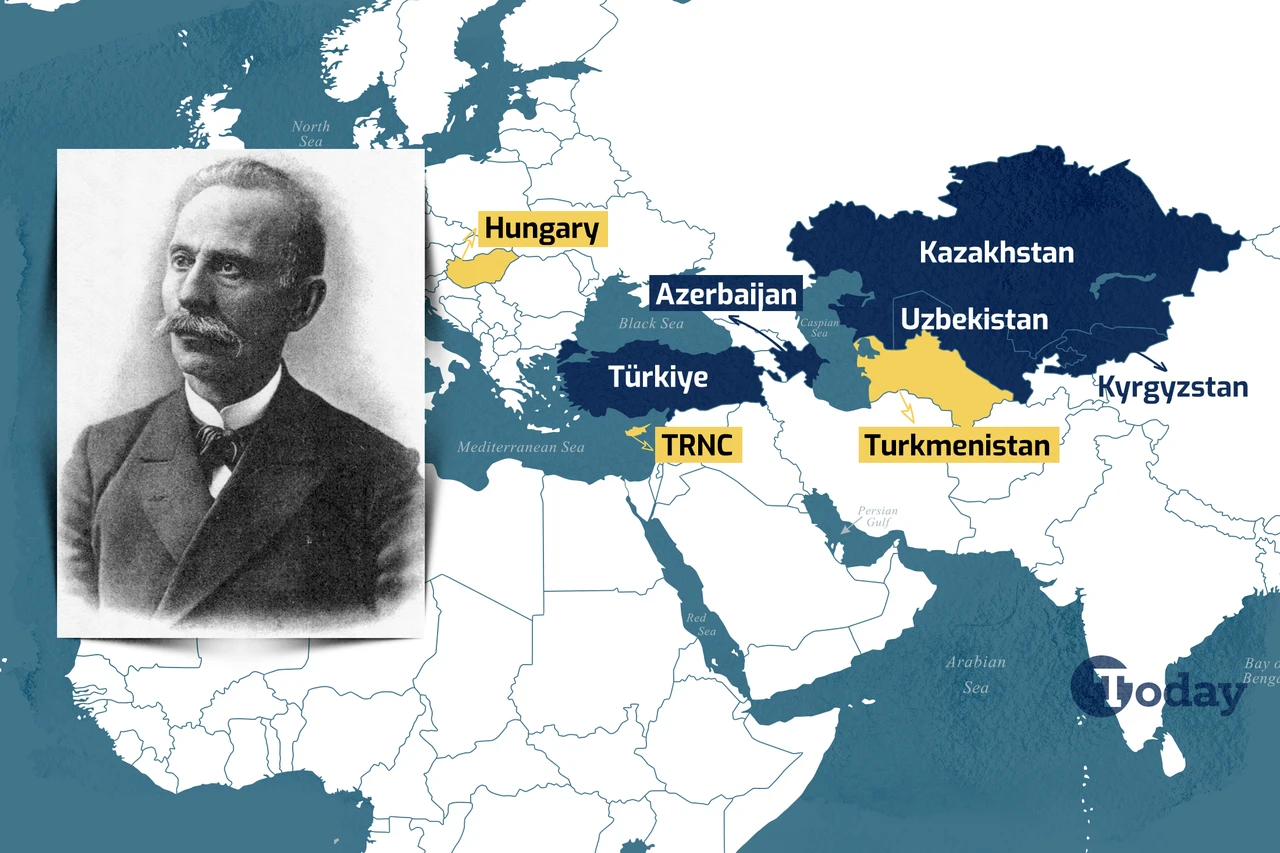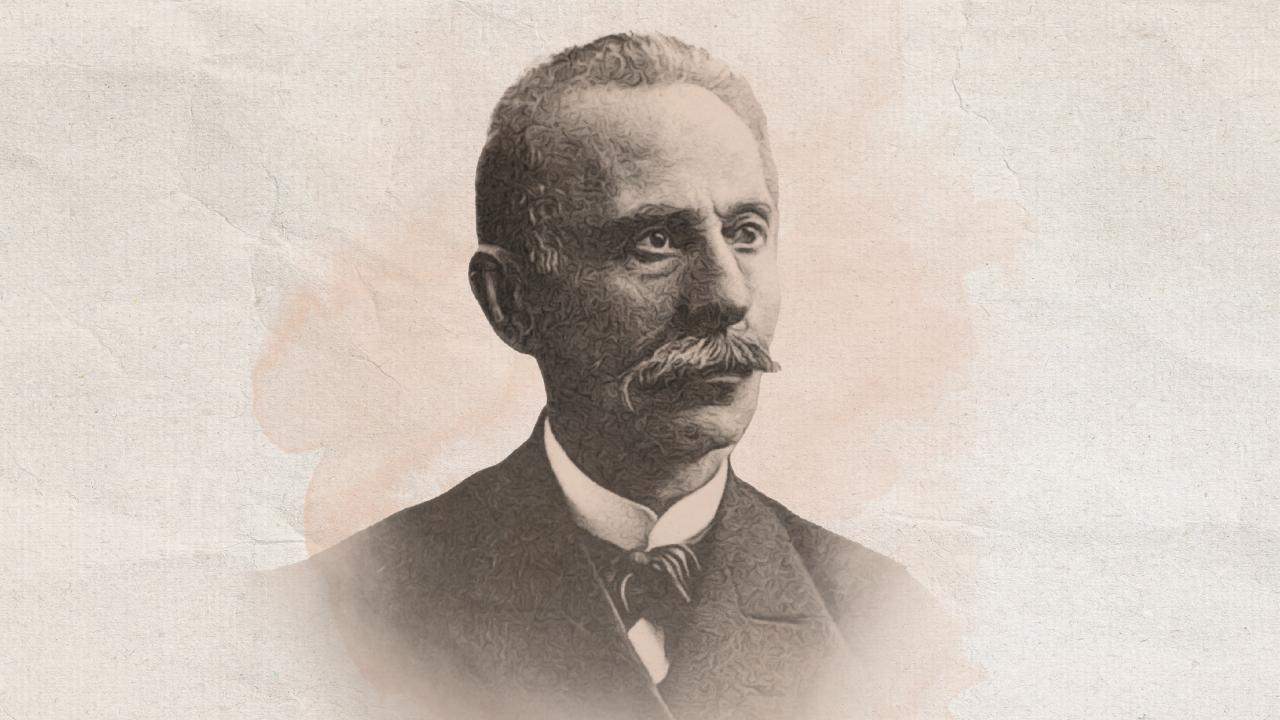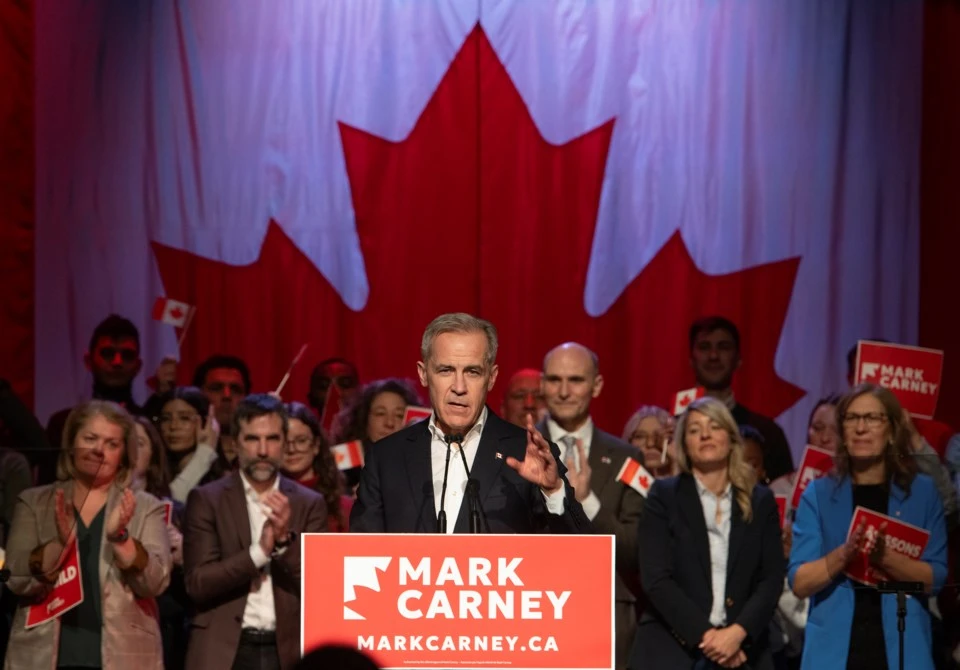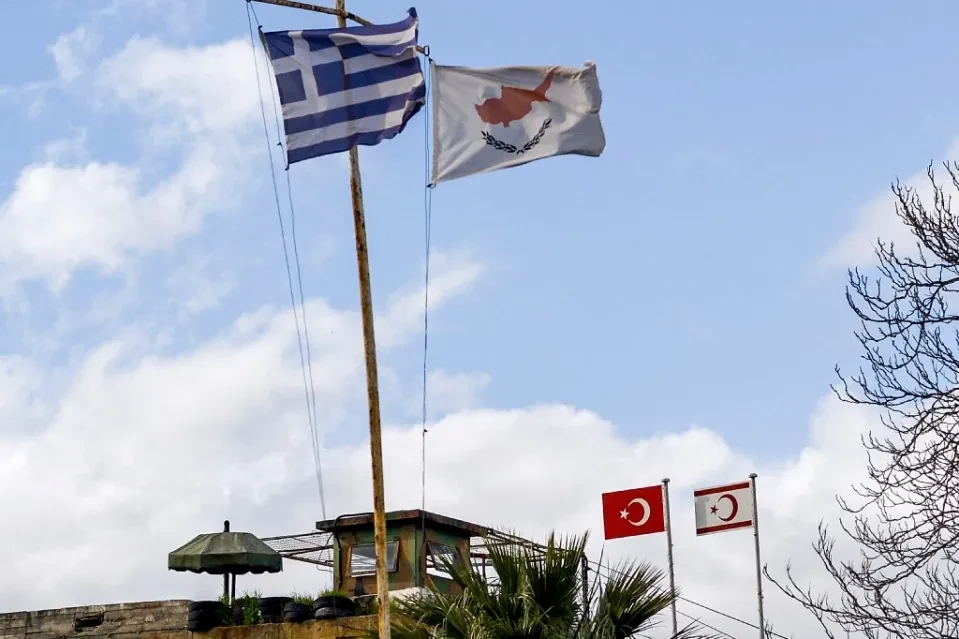Organization of Turkic States transforms Gasprinsky’s vision of unity into reality
 A map showing the countries that have joined the Organization of Turkic States as observer (yellow) and member (navy blue) states, with Ismail Gasprinsky, Nov. 19, 2024. (Image by Tugce Atmaca/Türkiye Today)
A map showing the countries that have joined the Organization of Turkic States as observer (yellow) and member (navy blue) states, with Ismail Gasprinsky, Nov. 19, 2024. (Image by Tugce Atmaca/Türkiye Today)
The Organization of Turkic States (OTS), in collaboration with the International Turkic Academy and the Turkish Language Association (TDK), recently reached an agreement on the “Common Turkic Alphabet,” which consists of 34 letters. This milestone was achieved in September, marking a significant step toward greater unity among Turkic nations.
At the 11th Summit of the Heads of State and Government of the Organization of Turkic States, held in Bishkek, the capital of Kyrgyzstan, President Erdogan emphasized the historical importance of this decision, stating, “Our common alphabet is a symbol of our shared destiny, our common future, and our will to step forward together. By increasing our efforts in this area, we will eliminate all obstacles between us and sign the historical embrace of the Turkic world.”

Organization of Turkic States takes step toward cultural and political unity
Author and scholar Umut Erdogan, in an exclusive interview with Türkiye Today about the common alphabet initiative, noted that this development would foster unity in various fields, from education to the economy, politics, and art. He stated that the dream of Ismail Gasprinsky’s motto “Unity in language, thoughts, and deeds” is now becoming a reality. The efforts will enhance the shared will, belief, and cooperation among Turkic nations.
Erdogan further emphasized, “The Organization of Turkic States has started to reap the benefits of its 15 years of work. With the acceptance of its vision, the path towards Turkic unity has gained momentum. The Vision Document aims to strengthen strategic partnerships among Turkic states, focusing on various areas such as politics, economics, trade, security, culture, academics, transportation, technology, cybersecurity, space, energy, media, and sports. Each of these objectives is designed to help establish a united and cooperative political structure in the Turkic world, ensuring mutual benefits and shared values that will shape the common future of the Turkic states.”
Language as cornerstone of national identity
Erdogan also elaborated on the critical role of linguistic unity in strengthening the Turkic world. “Language is the foundation of national existence and survival. It is the soul of a nation. Unity in language means unity in culture. A nation that has established cultural unity will also experience political, economic, and military unity. A common language of communication will serve as a catalyst in the formation of Turkic unity,” he explained.
He added that the creation of a unified Turkic language will not only boost political, economic, and cultural relations but will also enhance communication across the Turkic world—from Ankara to Astana, from Bishkek to Tashkent, and from Ashgabat to Nicosia. As a result, there will be a growing shared interest and a collective consciousness among Turkic states, bringing them closer together. This unity will enable a more unified, advanced, and powerful Turkic world, positioning it as a global force.
Path forward: Unity in language, culture, and identity
In this context, Türkiye must stand alongside the global Turkic community, Erdogan asserted. “We should demonstrate our presence and work together to build the 21st century as the ‘Age of the Turkic World and Unity.’ The key to this lies in the principle of ‘Unity in Language,'” he stressed.
He concluded by calling for a collective recognition and promotion of the common heritage, language, history, and culture shared by Turkic nations. The deep-rooted sense of unity should be reflected in both the past and the future.
Ismail Gasprinsky: Visionary leader of Crimean Tatars
Born in 1851 in Avcikoy near Bahcesaray, Crimea, Ismail Gasprinsky was a pioneering reformer, educator, and journalist. His nickname “Gasprinskiy” reflected his father’s birthplace, Gaspra.
Educated in Bahcesaray, Akmescit, and Moscow, Gasprinsky embraced multiculturalism at an early age. Despite a failed attempt to join the Ottoman army in Crete, he began teaching in Bahcesaray at 17, introducing innovative educational practices.
After studying in Paris, he returned to Crimea, where he became Bahcesaray’s mayor (1879-1884) and focused on social reform. In 1883, he founded Tercuman, the first Crimean Tatar newspaper, advocating for linguistic and cultural unity among Turkic peoples.
Gasprinsky’s simplified Turkish bridged Ottoman and Crimean dialects, influencing communities across Russia, the Ottoman Empire, and beyond. He championed education, press freedom, and intellectual revival until his death in 1914, leaving a legacy of unity and progress.



